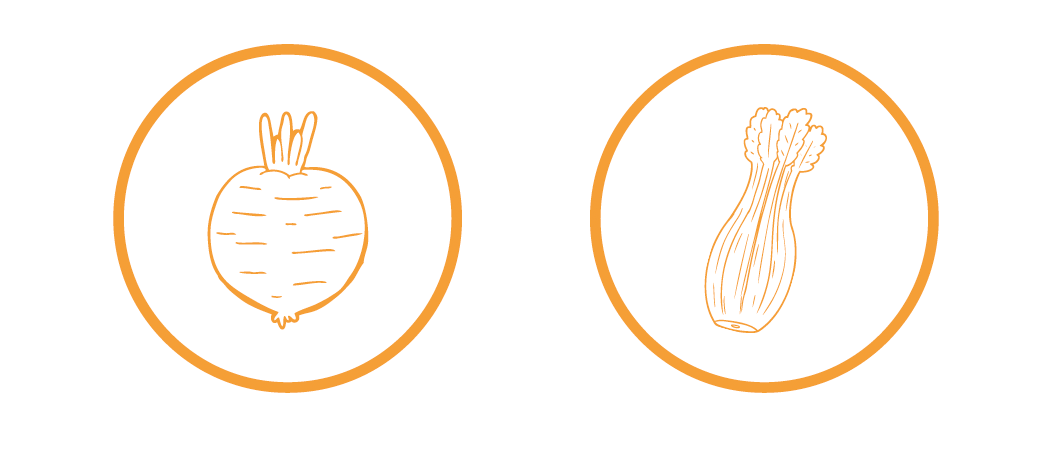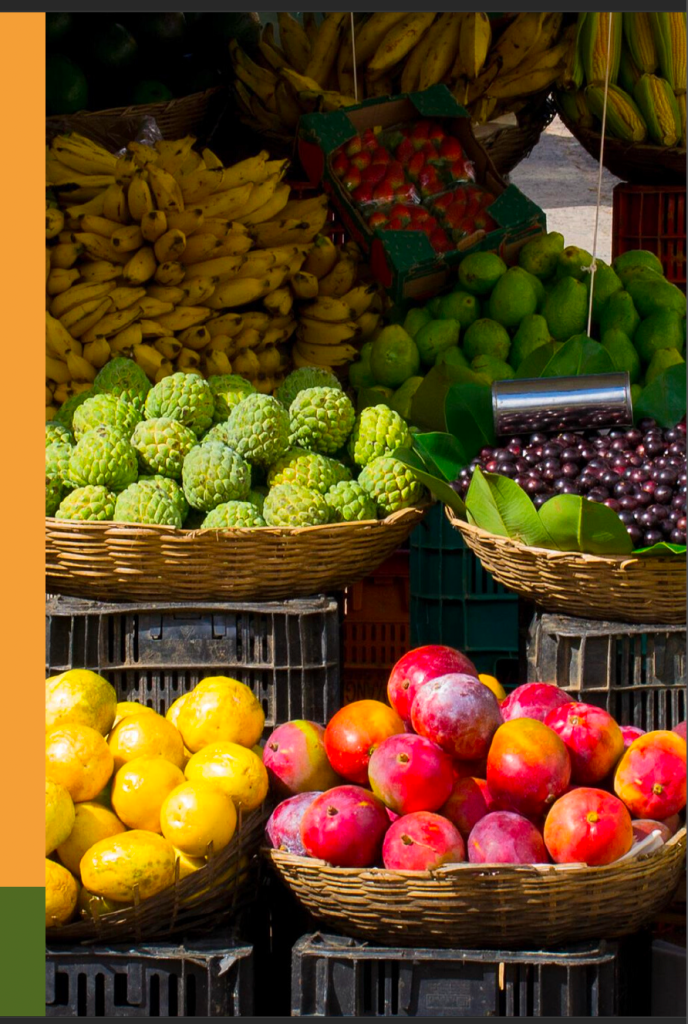The article entitled “Inequity in the agri-food chain and waste of
food” analyzes the topic of food waste using the case
specific to fruit production in the Spanish city of Lleida,
arguing that this does not depend on the level of modernization of its chain logistics in terms of technology, but it is a problem of power
within it. In other words, the authors state that when stakeholders with
a greater degree of power within the chain, all the technological improvements are aimed at the benefit of said character instead of looking for the productive efficiency.
According to the authors, the concept of modernity equals efficiency begins with the article “Global Food Losses and Food Waste,” published by the FAO in 2011.
In this work, it is affirmed that the countries with higher incomes and, therefore, a modern agricultural sector, generates less food waste during the production process; however, it has been verified in local studies or
regions than those countries did generate significant waste.
These studies are the ones that lead the authors to formulate the hypothesis of the role essential to the power and effect of mass distribution on the amount of food that they end up as waste, using the case of Lleida as evidence. m
Lleida is a city in the north of Spain that maintains the highest production of apple and pear from the country under trade through exporting companies and large retail chains. This productive area went through a strong process of innovation in the 1980s, but farmers say it has increased the percentage of fruit that is rejected despite being found
in a good state. An essential player in the region’s supply chain is the
collection center, represented by cooperatives and private wholesalers who dedicated to grouping the merchandise of the farmers, managing the inventory and control the quality. The problem with this actor is that he goes beyond the demands of quality from the large distribution to the farmer.
Within these new quality standards, the fact that the fruit stands out
must be harvested and delivered to the head office without having reached ripeness since the end customer is the international or national markets most far away, in addition to not accepting products with scratches or damage. For another On the other hand, fruits that present levels of phytosanitary Chemicals greater than the limit imposed by the European Union. These requirements contribute to the fact that the product that reaches the end customer is of the
best possible quality, but they disproportionately increase the surplus and hence the waste. It should also be mentioned that these standards are maintain thanks to the fact that the area tends to overproduction, the same as keeps the price level low for farmers.
Having explained the position and hypothesis of the aforementioned authors, it is important to add that it has been proven that the Lleida cooperatives continue to growing, but not without alerts along the way.
The last data corroborates the authors’ hypothesis, they are selling a product of better quality at higher selling prices, but quantity decreases and prices paid to farmers as well.
On the other hand, an this article mentions a new tool
of the Department of Climate Action for the city of Lleida, which would consist in a seal of quantification of environmental, social and economic sustainability of exploitation. This measure seeks to make producers’ work visible and defend fair prices.
https://www.lavanguardia.com/local/lleida/20200211/473459675258/sector-agricola-lleida-franja-moviliza-defensa-mundo-rural.html

